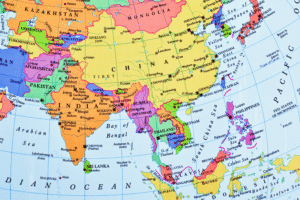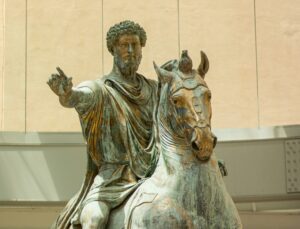Jean Bodin lived during a time in France when Catholics and Protestants were fighting, and it was full of violence and division.
He saw all this and asked, “How can a country stay strong and united, even when people believe different things?”
The French Wars of Religion were a series of conflicts between Catholics and Protestants in France over faith and politics.
It led him to develop sovereignty, which is the idea that a government needs clear, ultimate authority to keep order.
For him, only a strong central authority could bring stability.
Jean Bodin Introduced the Concept of Sovereignty
Before Bodin, rulers had to share power with nobles, the church, and other institutions, which made things messy.
No one had the final say, so laws were usually ignored, conflicts dragged on, and governments couldn’t keep order.
He argued that a sovereign, whether a king or another ruler, needed full authority to make and cancel laws, run the courts, command the military, and make decisions for the whole country without being overruled.
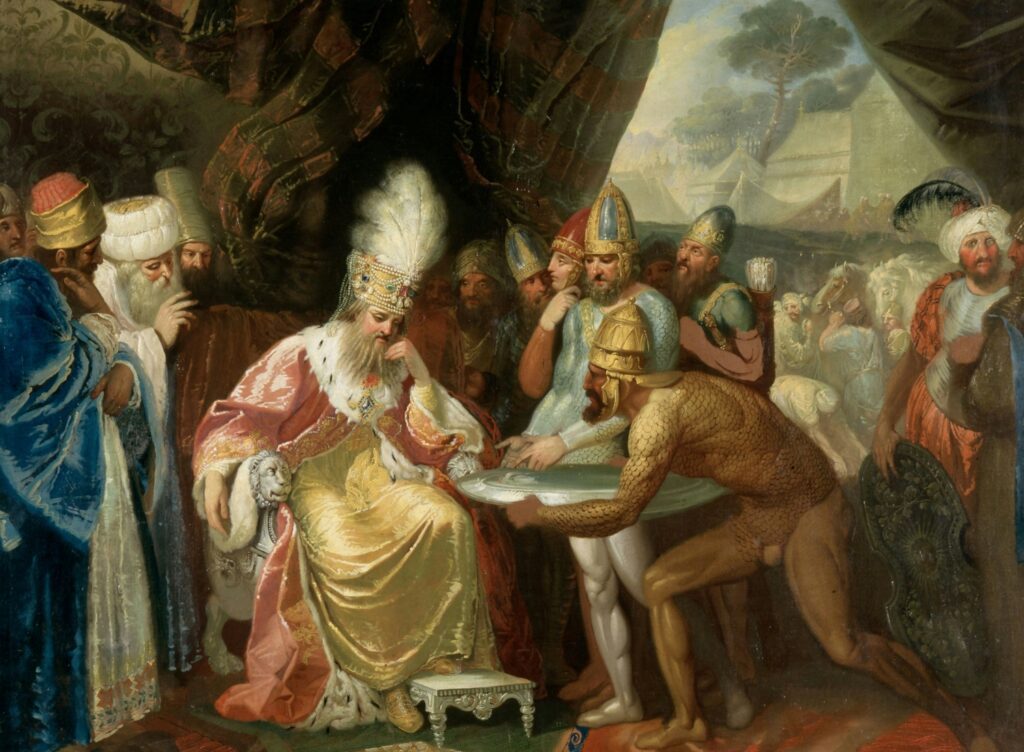
Jean Bodin’s Most Important Ideas
Bodin believed that the best way to keep peace and stability was through sovereignty. Here are the key ideas he introduced.
The State Has Supreme Power
The state must have supreme power over all its people and territory. Without it, there would be constant disputes about who has the right to govern.
In his writings, he explained that this supreme authority makes it possible for everyone to live in peace and for justice to be applied fairly.
Rulers Should Have Absolute Authority But Is Limited by Laws
Rulers must have absolute control over making and canceling laws, leading armies, and governing their lands.
If they have to constantly ask permission from nobles, church leaders, or other groups, the state will be weak.
The separation of church and state is the principle that government must be independent from religious institutions.
However, he made it clear that they are not above law. Natural law, divine law, and the basic fundamental laws must still be respected.
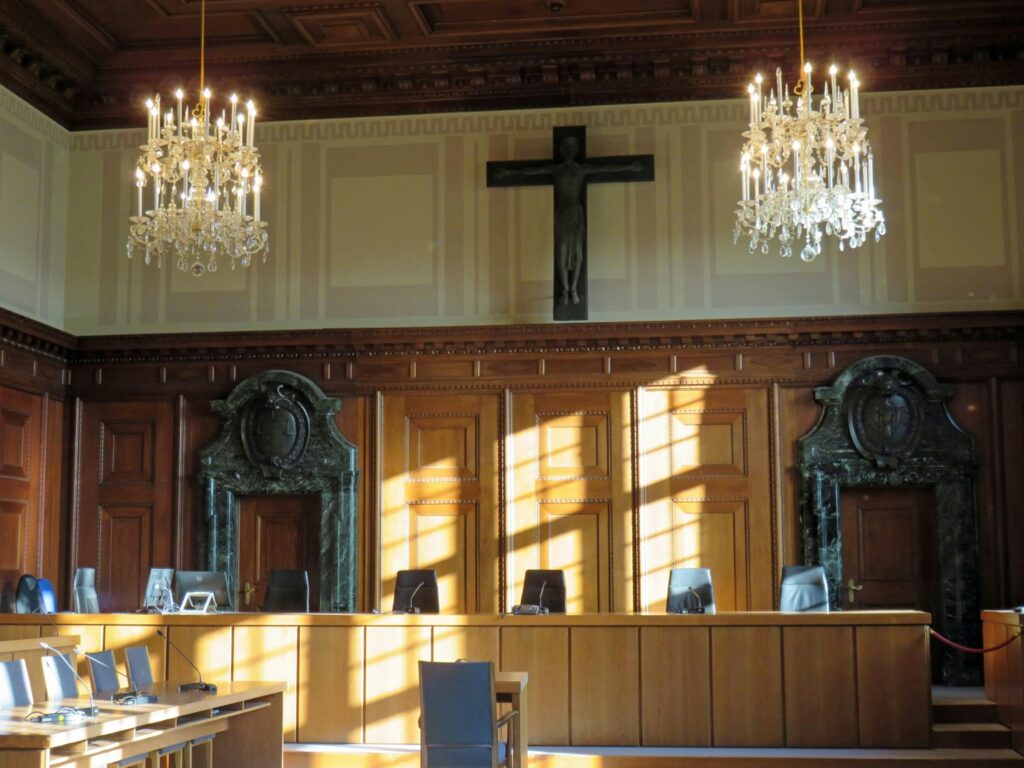
Sovereignty Doesn’t Change When Rulers Change
Sovereignty doesn’t belong to just one ruler; it belongs to the state itself.
So, even if a ruler dies or the government changes, that authority doesn’t vanish. It simply passes on to whoever leads next.
Citizens Have the Right to Private Property
Everyone has the right to private property, and rulers can’t just take it without a valid reason. Property rights are part of natural law.
Taxes can be collected for the good of the state, but it has to be done fairly.
Citizens Have the Right to Choose Their Religion
During the French Wars of Religion, Catholics and Protestants were killing each other over faith. As a Catholic himself, he saw how destructive it was.
So, he realized that everyone should have the right to choose their religion freely because forcing them to believe one way will cause division.
Unity in religion was unnecessary for unity in the state. A state can still be strong if people of different beliefs can live together under one authority.
Inflation Is Tied to the Influx of Gold and Silver
Prices in Europe were rising quickly during his time, and he connected it to the arrival of large amounts of gold and silver from the New World.
The “New World” refers to the Americas, which Europeans began exploring and colonizing after Christopher Columbus’s voyages.
When they entered circulation, the value of money decreased, and the prices increased. Flooding the economy with too much money made things bad.
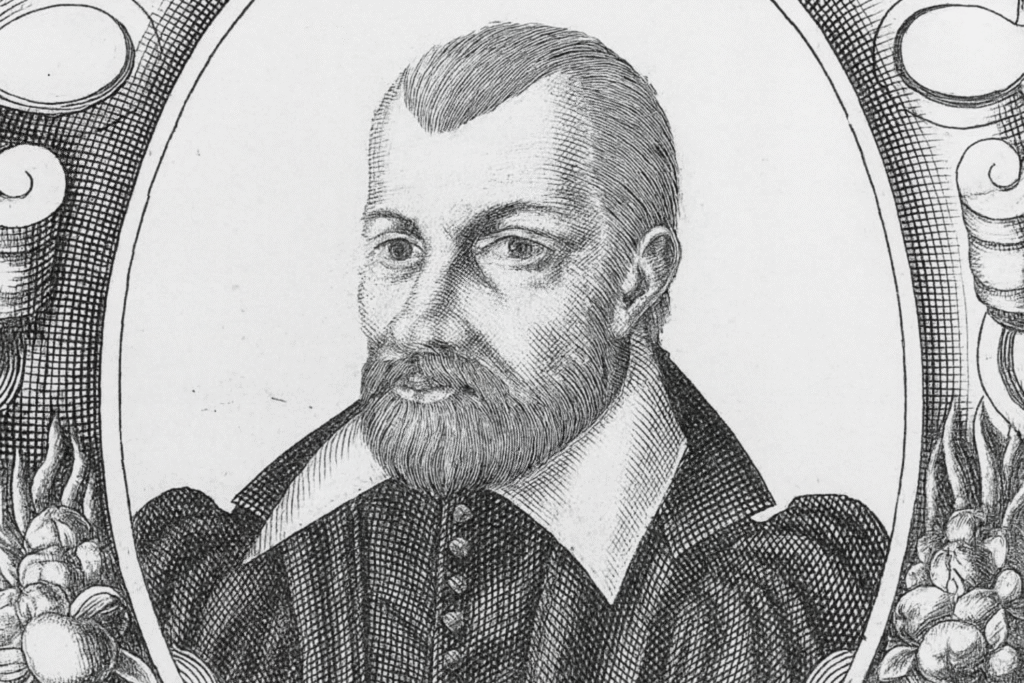
Jean Bodin Died of the Bubonic Plague in 1596
Bodin died of the bubonic plague, which is an infectious disease caused by the bacterium Yersinia pestis, spread by fleas that live on rodents.
His death came just as the Six Books of the Commonwealth, a book he published in 1576, was starting to become influential.




